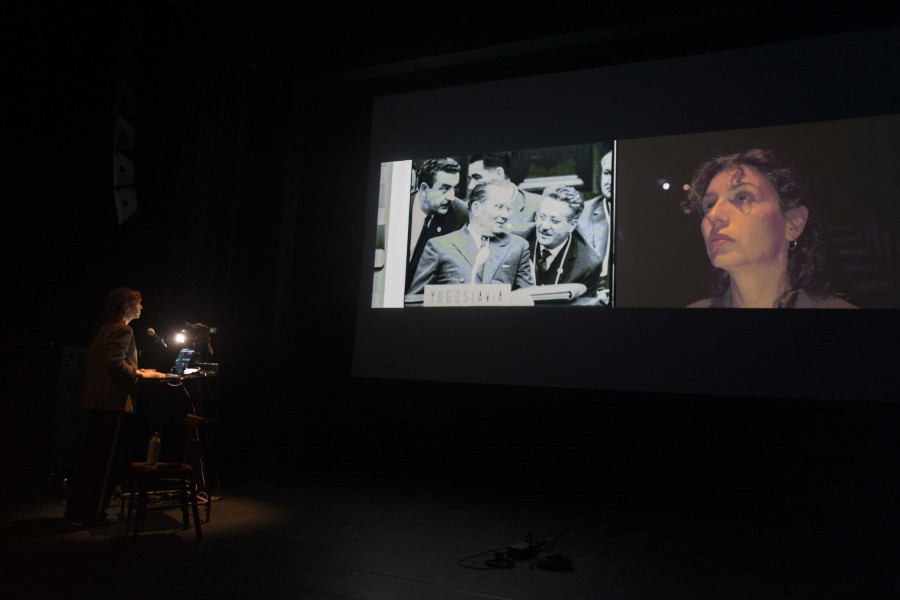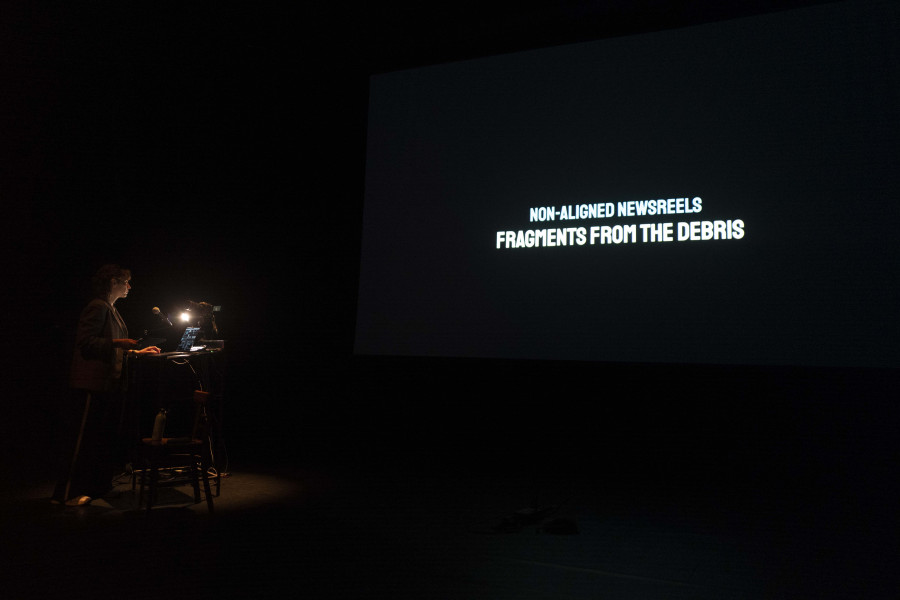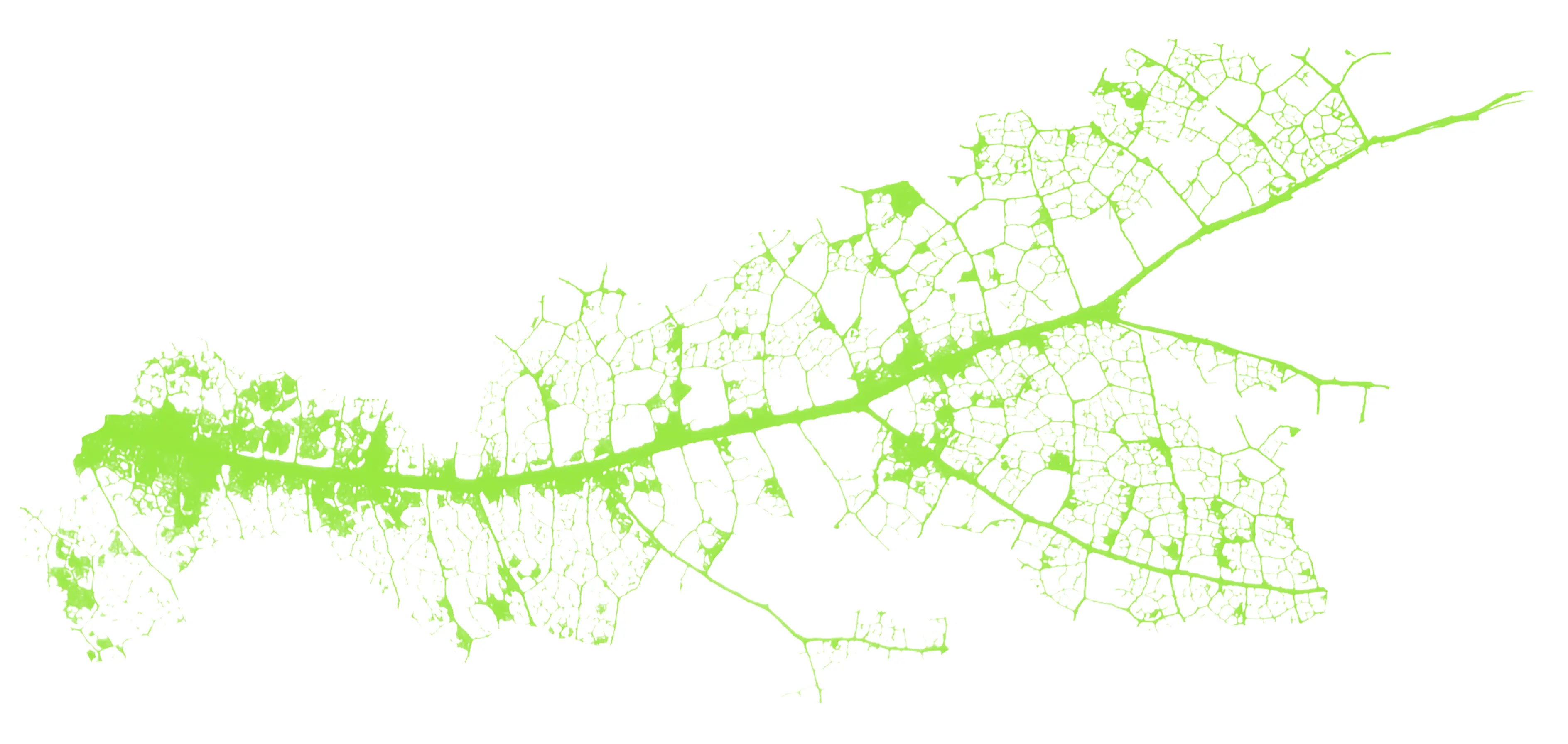
Non-Aligned Newsreels
Mila Turajlić (Belgrade / Paris)
English | with German surtitles | recommended for ages 16 and up
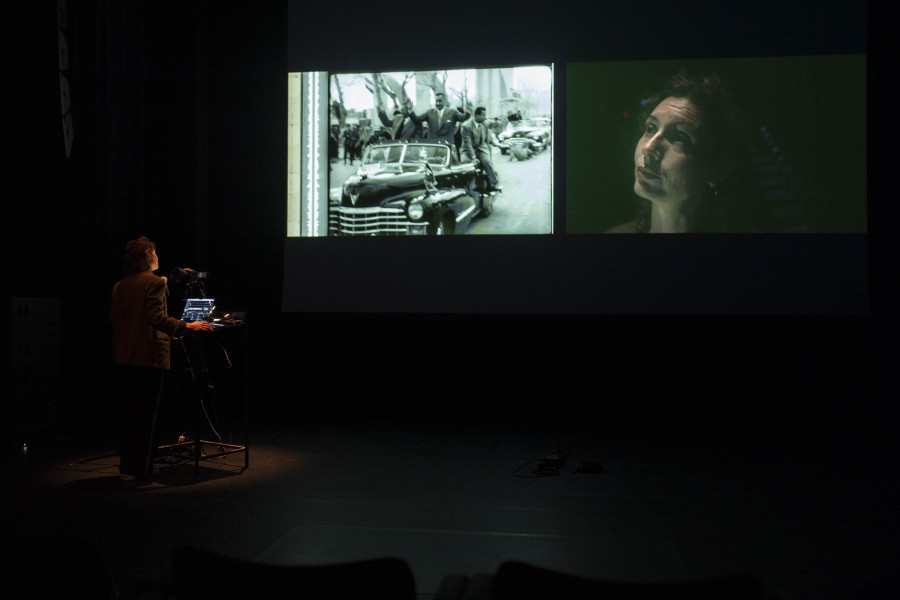
With the collapse of Yugoslavia, the legacy of the Non-Aligned Movement also fell into oblivion. This international alliance was founded in 1961 in Belgrade at a conference attended by 25 nations and 17 liberation movements, including representatives from India, Indonesia, Egypt and Algeria. It saw itself as an alternative to the power blocs of the Cold War, fought for decolonization, disarmament and anti-racism – and yet remains largely unmentioned in Western historiography.
Serbian artist and documentary filmmaker Mila Turajlić spent 10 years combing through the archives of Yugoslav newsreels – together with Stevan Labudović, Tito's long-time cameraman. The footage documents Tito's travels to Africa and Asia in search of new strategic alliances in an era of political upheaval and global reorientation.
Turajlić's documentary live performance is a haunting search for traces in the visual memory of the global south. It becomes an examination of the power of images and their political significance – and opens up decolonial perspectives on a world in transition.By combining historic film footage with eyewitness accounts, audio recordings and private archives, Turajlić gives a new voice to the political utopias and unfulfilled dreams of that era and raises the question of how memories can provide new impetus for international understanding.
Biography MILA TURAJLIĆ
Born in Belgrade, Yugoslavia, Mila Turajlić is a filmmaker and artist. Initially drawn to a career in political activism, she later pivoted towards artistic practice as a more subversive and effective form of engagement. From then on she chose the path of documentary filmmaking as a gesture of restoring forgotten stories. Her works are built on a combination of oral histories, cinematic archives, and found footage to create a new language that confronts memory and ruins with the vanishing narratives of History.
In 2010, she directed Cinema Komunisto (winner of 16 awards, including the FOCAL Award for Creative Use of Archival Footage), The Other Side of Everything in 2017 (winner of 33 awards, including the IDFA Award for Best Feature Documentary), and then the diptych Scenes from the Labudović Reels (Non-Aligned & Cine-Guerillas) in 2022 – an archival road trip exploring the birth of the Third World project.
INTERVIEW WITH MILA TURAJLIĆ
The Serbian filmmaker Mila Turajlić shares her approach to exploring archives to talk about decolonisation, its history, and its storytelling.
In your view, what is an archive?
An archive is memory, identity. It’s the vector of a thought. In my country, there’s a desire to erase history. Streets are renamed, buildings demolished... For me, working with archives is an act of resistance against erasure. My work creates an archive that will, I hope, allow my generation and future ones to know our stories themselves.
Why are Stevan Labudović’s archive images special?
Because they float in history. Yugoslavia no longer exists. Socialism no longer exists. They are doubly orphaned, both ideologically and politically. They’ve become disoriented, much like the Yugoslav people after the disintegration of the country. Why were these images of the Algerian War filmed? At the time, the goal was to create a documentary about the National Liberation Army to show internationally, especially at the UN, as part of a diplomatic and political struggle for the non-aligned. It was also meant to document how the struggle was organized and to study guerrilla techniques.
Propaganda work?
Counter-propaganda. Stevan Labudović saw himself as a soldier in a war of images. For my part, I aimed to question the very status of this image, created as a tool of political struggle.
Can you describe your relationship with Stevan Labudović?
I found myself in an extraordinary situation: working with filmed archives alongside the man who filmed them. Without him, it would be very difficult to interpret these orphaned images. He also gave me access to an intimate and personal dimension of the Algerian war. So, I was able to look at these archives through the eyes and commitment of the man behind the camera.
What issues guided your work? What would history have erased?
My work doesn’t take sides. By focusing on the political and militant ideology of the non-aligned countries, I primarily tried to understand how, like them, we can search for a third way. To open a critical space between two positions to find an independent stance.
Interview conducted by Francis Cossu, July 2023
THE NON-ALIGNED MOVEMENT
Founded in 1961 at the Belgrade Conference, continuing the spirit and repetition cut of the Bandung Conference of 1955, the Non-Aligned Movement brought together countries that did not wish to align with the East-West confrontation. Instead, they sought to promote the real independence of Southern nations in the context of decolonisation. 25 countries from Asia, Africa, and the Middle East participated in its creation, alongside Yugoslavia. By 2016, 120 countries were members. While its political influence has diminished since the end of the Cold War, this movement continues to play a significant role. New movements, following the wake of anti- globalisation movements, draw inspiration from the principles and struggles it embodied to advocate a form of globalisation that is more aligned with the interests of the Global South.
Source : Le Monde diplomatique
Credits
Concept + Performance + Direction Mila Turajlić Collaboration Concept Rasha Salti, Katerina Cizek Artistic Direction Barbara Matijević Stage Vincent Buret Dramaturgic Support Rasha Salti | Pascale Cassagnau German Surtitle Panthea
Production cie Par Avion, Théâtre National de Bretagne / Centre Dramatique National, Rennes
Guest Performance Support with the kind support of the Institut français and the French Ministry of Culture
Kreation Festival TNB, Rennes, November 2023
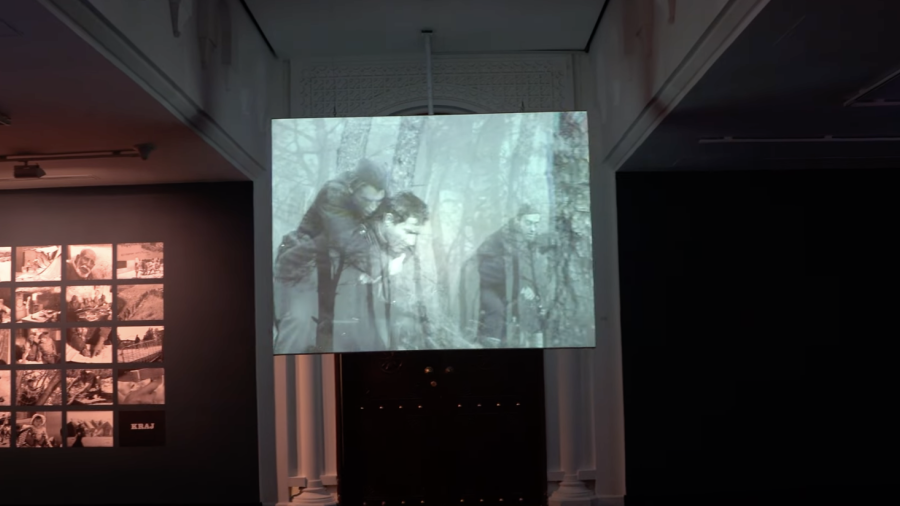
The video shows excerpts from the film material that is part of the documentary performance.
Gastspielförderung
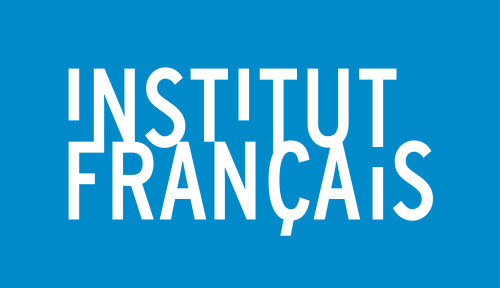
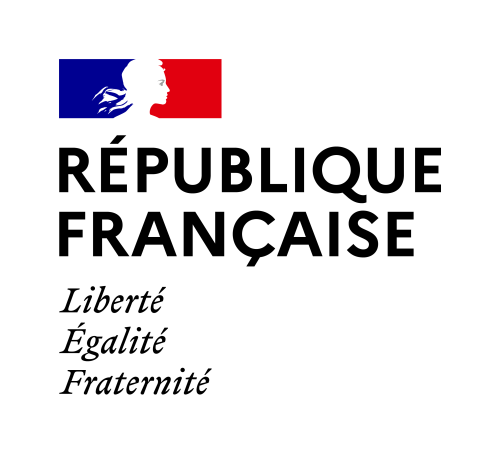
With the kind support of the Institut français and the French Ministry of Culture
Main Supporters
euro-scene leipzig is institutionally supported by the City of Leipzig and the Saxon State Ministry for Higher Education, Culture and Tourism. Co-financed by tax revenue on the basis of the budget approved by the Saxon State Parliament.
